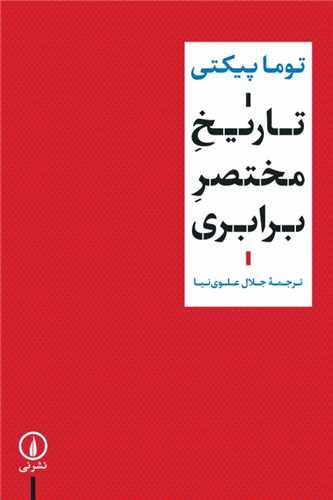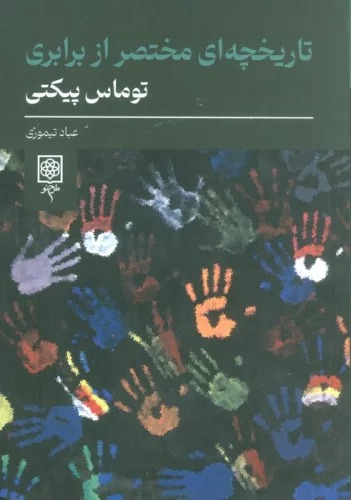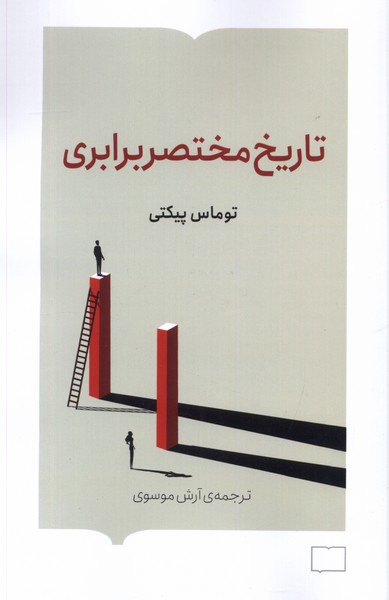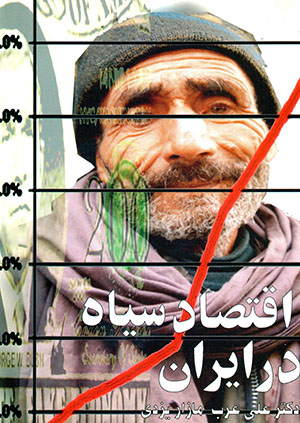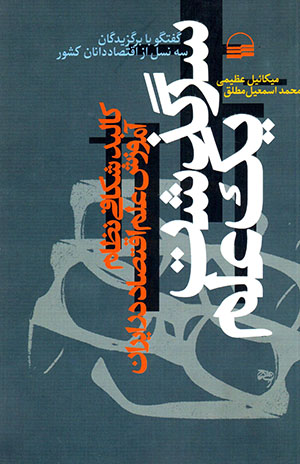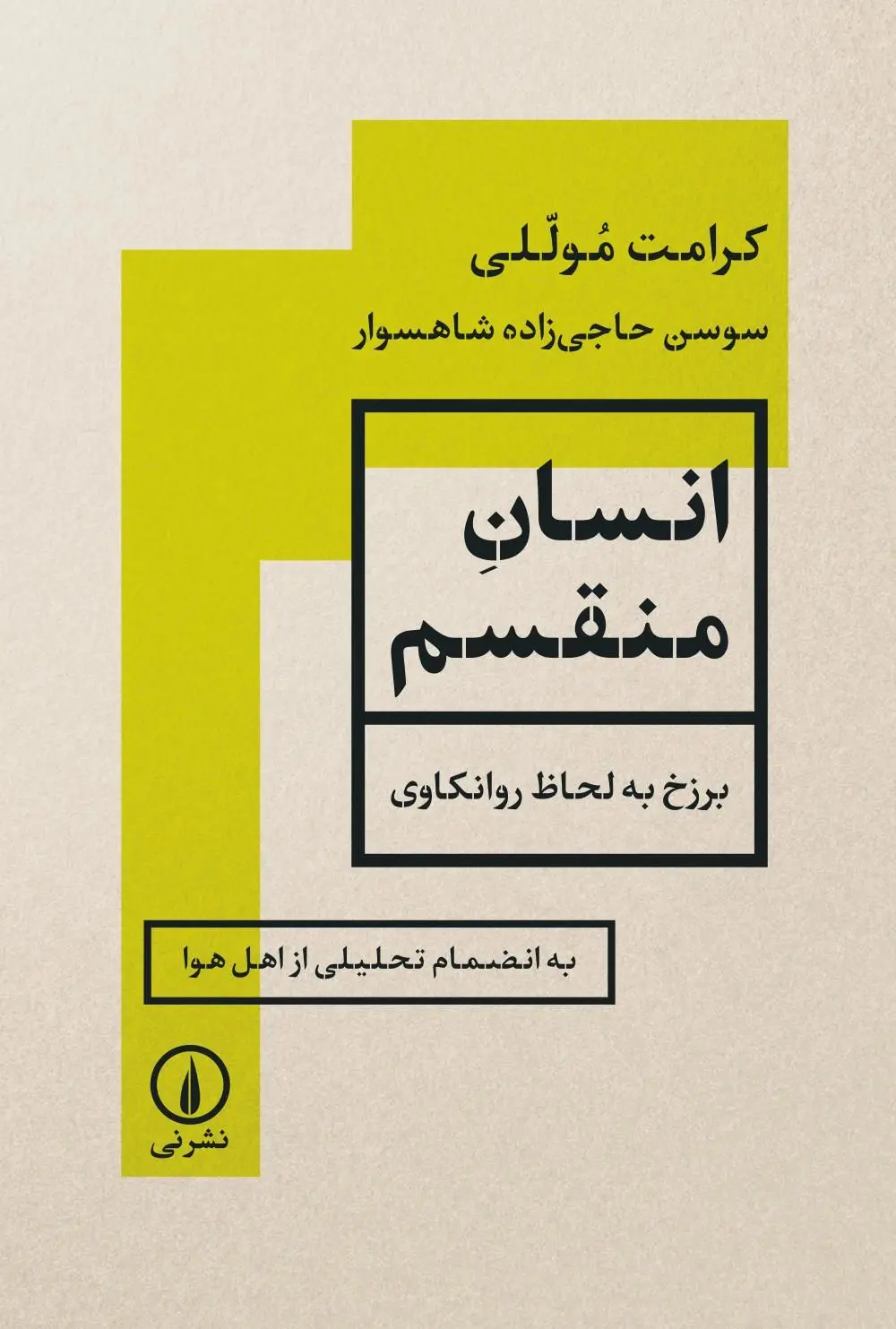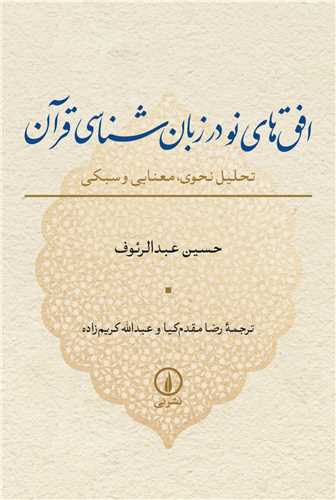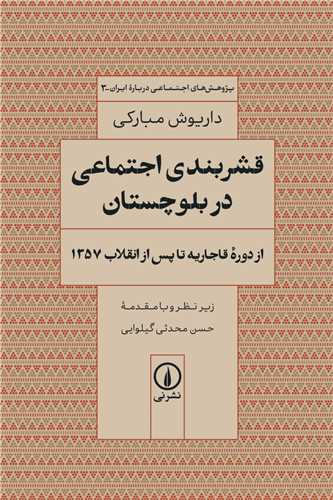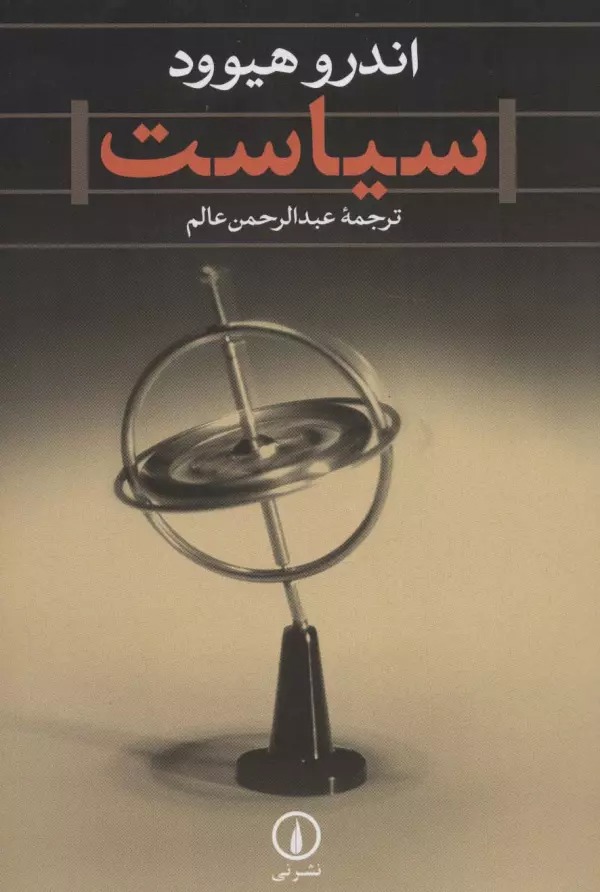Tārīkh-i Mukhtaṣar-i Barābarī: Persian 2024
تاریخ مختصر برابری
16.84 $
Share
Wishlist
Original Title:
Brève histoire de l'égalité
ISBN:
9786220605331
Translator:
Jalāl 'Alavi'nīyā
Publisher:
Nashr-i niy
Age Group:
Adult
Pages:
294
Weight:
370 g
Dimensions:
14 x 21 x 2.7 cm
Book Cover:
Paperback
Subjects:
The world's leading economist of inequality presents a short but sweeping and surprisingly optimistic history of human progress toward equality despite crises, disasters, and backsliding. A perfect introduction to the ideas developed in his monumental earlier books.
It's easy to be pessimistic about inequality. We know it has increased dramatically in many parts of the world over the past two generations. No one has done more to reveal the problem than Thomas Piketty. Now, in this surprising and powerful new work, Piketty reminds us that the grand sweep of history gives us reasons to be optimistic. Over the centuries, he shows, we have been moving toward greater equality.
Piketty guides us with elegance and concision through the great movements that have made the modern world for better and worse: the growth of capitalism, revolutions, imperialism, slavery, wars, and the building of the welfare state. It's a history of violence and social struggle, punctuated by regression and disaster. But through it all, Piketty shows, human societies have moved fitfully toward a more just distribution of income and assets, a reduction of racial and gender inequalities, and greater access to health care, education, and the rights of citizenship. Our rough march forward is political and ideological, an endless fight against injustice. To keep moving, Piketty argues, we need to learn and commit to what works, to institutional, legal, social, fiscal, and educational systems that can make equality a lasting reality. At the same time, we need to resist historical amnesia and the temptations of cultural separatism and intellectual compartmentalization. At stake is the quality of life for billions of people. We know we can do better, Piketty concludes. The past shows us how. The future is up to us.
more
کتاب حاضر تاریخ تطبیقی نابرابری طبقات اجتماعی در جوامع بشری یا ترجیح میدهم بگویم که «تاریخ برابری» را مطرح میکند. زیرا همانگونه که خواهیم دید، ما از دیرباز شاهد جنبشی بهسوی برابری اجتماعی، اقتصادی و سیاسی فزاینده در مسیر تاریخ هستیم.
این سیر تاریخی، بیتردید نه مسالمتآمیز بوده است و نه هموار. خیزشها، انقلابها، مبارزههای اجتماعی و بحرانهایی با ماهیتهای گوناگون نقشی مرکزی در این تاریخ برابری برعهده داشتهاند. دورههای متعدد بازگشت به گذشته و انزوای هویتی نیز برگهایی از این تاریخ را رقم زدهاند.
با این حال، جنبشی تاریخی بهسوی برابری دستکم از پایان قرن هجدهم دیده میشود. دنیای آغاز دههی 2020، هرقدر ناعادلانه به نظر آید، برابرگرایانهتر از دنیای سالهای 1900 و 1950 است. این سالها بهنوبهی خود از جنبههایی بسیار برابرگرایانهتر از سالهای 1850 یا 1780 هستند. پیشرفتهای مشخص بسته به دورههای متفاوت و بسته به نگاه ما به نابرابری طبقات اجتماعی فرق میکنند: پایگاه حقوقی، مالکیت وسایل تولید، سطح درآمد یا مدرک تحصیلی، جنسیت، خاستگاه ملی یا قومیـنژادی… با بررسی چگونگی پیدایش این جنبش بهسوی برابری، میتوان درسهای باارزشی برای آینده گرفت. میتوان مبارزه و گردهمایی مردم برای ممکن ساختن این جنبش و نیز تدبیرهای نهادی و نظامهای قانونی، اجتماعی، مالی، آموزشی و انتخاباتی را بهتر درک کرد؛ عواملی که برابری را بهعنوان واقعیتی بادوام میسر ساختهاند.
ــ برگرفته از پیشگفتار مؤلف
توما پیکتی ( -1971) مدیر مؤسسهی بررسیهای عالی علوم اجتماعی و استاد مدرسهی اقتصاد پاریس است. مقالههای پژوهشی متعددی در نشریههای بینالمللی و دهها کتاب نوشته است. او مبتکر ادبیات اخیر دربارهی تحول درازمدت سهم درآمدهای بالا در درآمد ملی و نویسندهی کتابهایی چون سرمایه در قرن بیستویکم و سرمایه و ایدئولوژی است.
more

